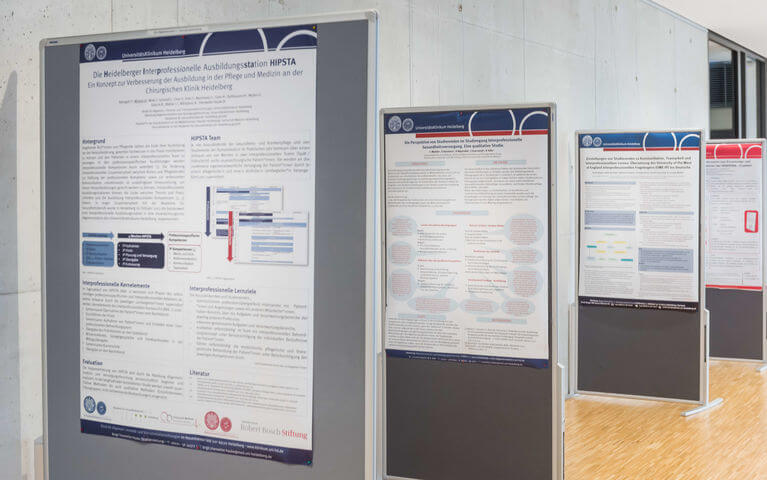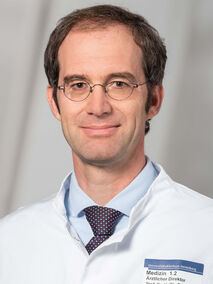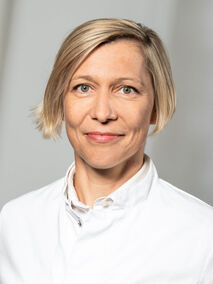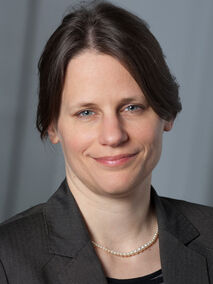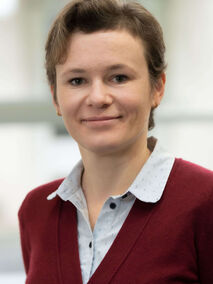The Faculty of Medicine Heidelberg ensures continuous quality development for study programmes and teaching. Central tasks are the further development of the curriculum, the implementation of evaluations, the training of young medical scientists, the counselling of students and the further training of teaching staff.
The quality development programmes are continuously adapted to requirements and are open to all members of Heidelberg Medical Faculty. A culture of quality in studies and teaching has been realised at the Faculty of Medicine for many years and is being expanded in connection with the university quality development programme heiQUALITY.
The heiQuality QM system
By establishing the heiQUALITY QM system, Heidelberg University is securing its medium and long-term success in the most important university service areas - teaching and learning, research and the promotion of early career researchers, as well as services and administration - and further developing their quality.
Compliance with the qualification targets and the quality of teaching and learning is monitored as part of heiQUALITY using the Q+Ampel procedure. The procedure is embedded in a continuous monitoring system, within the framework of which quality assurance and the (re-)accreditation of study programmes take place. The cycle of a Q+Ampel procedure is usually five to seven years.
Dean of Studies
Prof. Dr. Hans-Christoph Friederich
Academic Dean
(Studiendekanat der Medizinischen Fakultät Heidelberg)
Univ. Prof. Dr. med. dent. Diana Wolff
Academic Dean for dentistry
(Studiendekanat der Medizinischen Fakultät Heidelberg)
Study Commission
The Study Commission is appointed by the Faculty Council and is made up of the Deans of Studies and representatives of the students, academic staff and professors. It advises the Faculty Council on all matters relating to studies and teaching, in particular on proposals for changes to existing degree programmes, establishing new degree programmes and overarching petitions regarding studies and teaching. In addition, the Study Commission draws up recommendations for the further development of subjects and profiles of study programmes. It is also involved in the evaluation of teaching.
QM representative
The faculty's quality management officers coordinate the faculty's Q+Ampel procedures on behalf of the deans of studies and are available as contacts for all questions relating to the quality development of studies and teaching. As ombudspersons, they are also responsible for all complaints raised by students in the context of evaluation measures.
QM Team Medicine
The Medical Quality Management Team is an internal faculty counselling and service unit with the aim of continuous quality development in studies and teaching. The focus is on the ongoing development of the curriculum, the continuous evaluation of courses and the comprehensive qualification of teaching staff.
Measures & offers of the faculty
The following activities address all target groups of the faculty and thus ensure the quality assurance and development of the faculty on all levels.
Teaching evaluation
Evaluation serves the ongoing further development of the curriculum. The approach of the Medical Quality Management Team is to promote communication about teaching. Quantitative and qualitative methods are used for this purpose. Together with those responsible for teaching, conclusions are drawn from student feedback and measures are derived. This serves not only to optimise individual courses, but also to further develop the degree programme.
Qualification & support programmes for teachers
Counselling services for students
Our students and doctoral candidates can find the right contact person depending on their concerns and the stage of their studies.
Accreditation of study programmes
The QM Officer supports all degree programmes of the faculty in the accreditation process as part of the Q+Ampel procedure of Heidelberg University and is involved in the implementation of all interdisciplinary and cross-faculty quality development measures.
MEDISS doctoral programme
The structured doctoral programme MEDISS was introduced in 2016 to ensure the quality of medical doctorates. The MEDISS team is the right place to go if you have questions about planning a doctoral thesis and the doctoral programme or if problems arise in connection with your doctoral thesis.
We will be happy to advise you on the following topics:
- Organisation and planning of the doctoral thesis
- Courses and events accompanying your doctorate
- organisational, legal or scientific-ethical problems in the context of the doctorate
- good scientific practice.

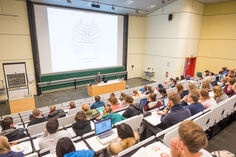
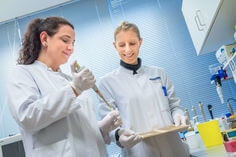
![[Translate to English:] [Translate to English:]](/fileadmin/_processed_/9/b/csm_Firefly_Abstract_organic_flow_resembling_blood_vessels_shaped_as_a_tool__composed_of_glowing_651800_26778ea790.png)

